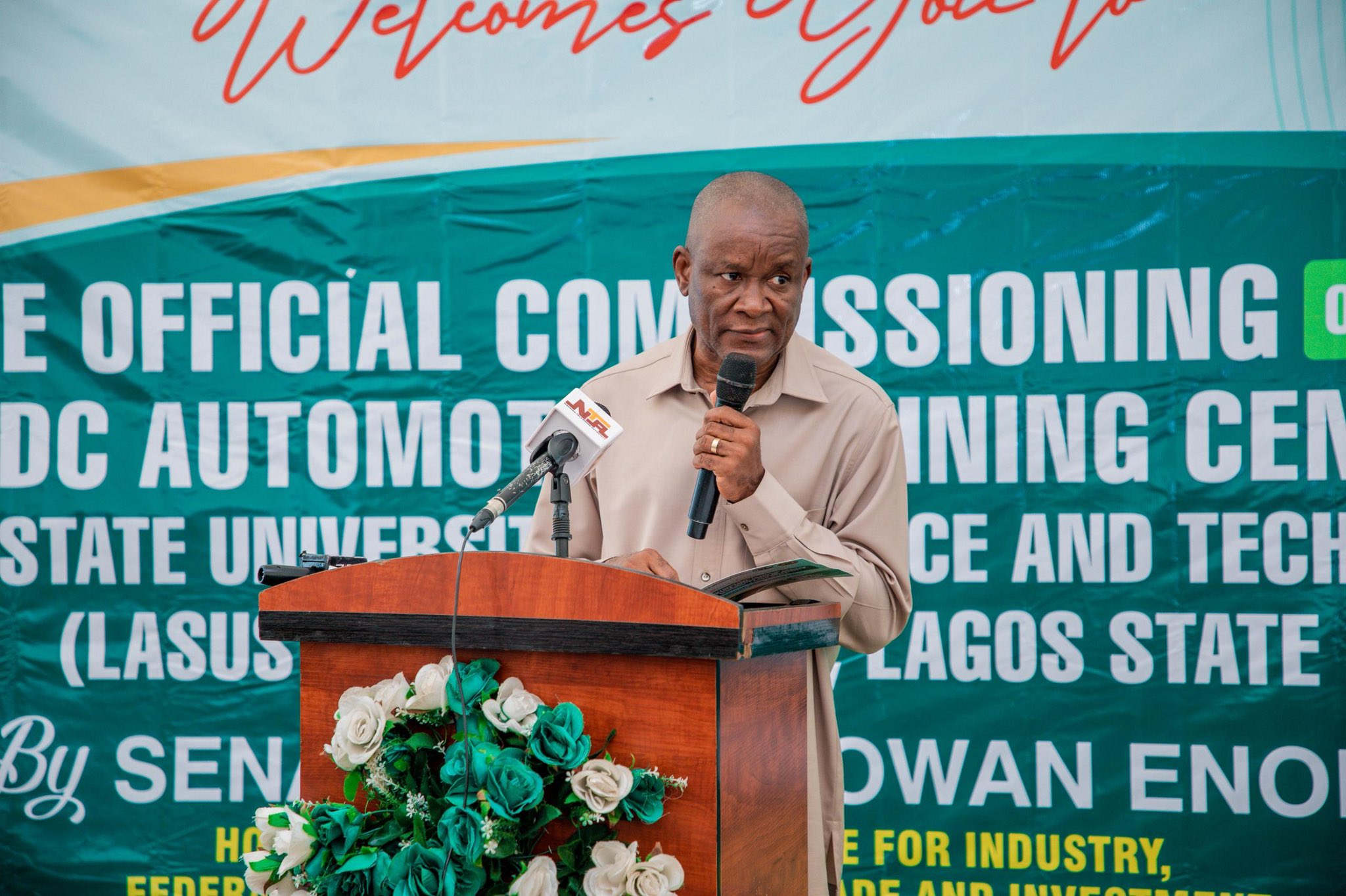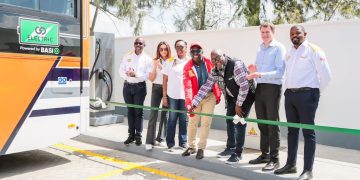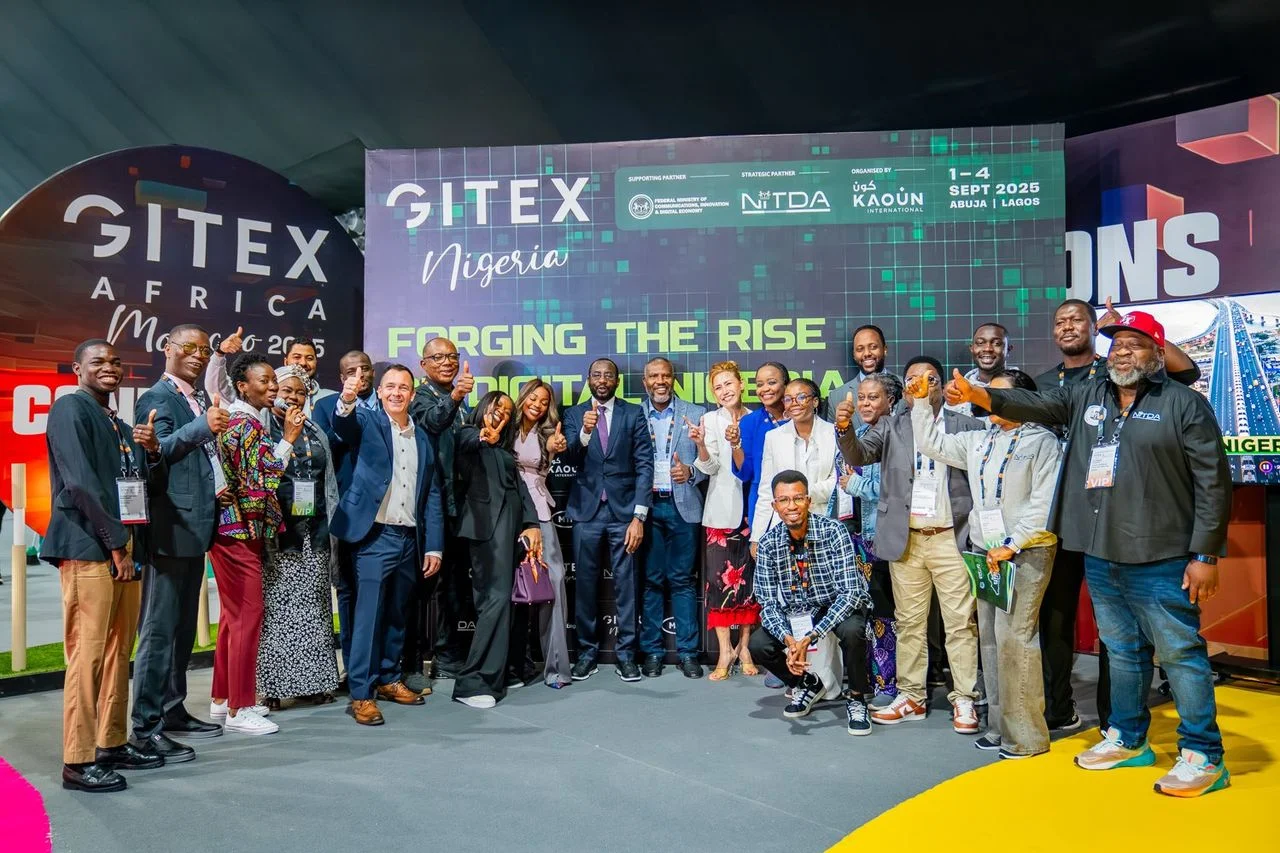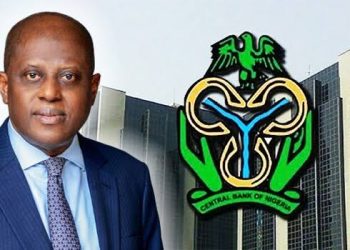The Federal Government just opened doors to Nigeria’s automotive future. A new training center in Ikorodu promises to turn mechanics into electric vehicle experts.
Lagos State University of Science and Technology now hosts the country’s most advanced automotive training facility. The center opened with a clear mission to teach Nigerians how to build, fix, and maintain electric cars.
Minister of State for Industry, Trade and Investment, Sen. John Enoh, cut the ribbon on this ambitious project. He called it a major step toward Nigeria’s automotive independence.
“We’re not just training people, we’re building an industry from the ground up.”

Electric Vehicle Production Takes Center Stage
The new facility targets Nigeria’s National Automotive Policy goals. The policy wants 40% of all car parts made locally. It also wants 30% of all vehicles produced in Nigeria to be electric.
Nigeria imports most of its vehicles. Local production could save billions in foreign exchange. Lagos Governor Babajide Sanwo-Olu praised the center’s potential impact. He called the automotive industry “the bedrock of industrial development.”
The facility uses advanced diagnostic tools found in modern workshops worldwide. Students learn the same techniques used in BMW, Toyota, and Tesla service centers.
Technology Transfer Drives Innovation Forward
Training extends beyond basic repairs. The center focuses heavily on technology transfer from global manufacturers.
NADDC Director-General Oluwemimo Osanipin explained the strategy. Local engineers will work with international partners. They’ll learn to build vehicles that meet global standards.
Electric vehicle technology requires specialized skills. Battery management systems, electric drivetrains, and charging infrastructure all need trained technicians.
The center prepares workers for these complex technologies. Students learn both theory and hands-on application.
National Network Expands Across Six Regions
The government plans 21 similar centers across Nigeria’s six geopolitical zones. Current locations include Bauchi, Gombe, Yobe, Kogi, Plateau, Niger, Kebbi, Jigawa, Zamfara, Katsina, Sokoto, Kano, Ebonyi, Abia, Akwa Ibom, Ekiti, Ogun, and Osun states.
This distribution ensures equal access to training opportunities. Every region gets automotive skills development.
Additional centers will open in coming years. The goal is to create opportunities in every corner of Nigeria.
Job Creation Targets Unemployment Crisis
Nigeria faces massive youth unemployment. Over 40% of young people lack jobs.
The automotive training program directly addresses this crisis. Officials estimate the program could create up to one million jobs across the automotive value chain.
Local spare parts dealers, mechanics, and service providers will benefit. The ripple effect touches multiple sectors.
Prof. Olumuyiwa Odusanya, LASUSTECH Vice-Chancellor, highlighted the university’s role. The center aligns with their IMPACT agenda for innovation and competitiveness.
Electric Vehicle Market Grows Globally
Nigeria’s focus on electric vehicles comes at the right time. Global EV sales reached 14 million units in 2023.
Major automakers invest billions in electric technology. Tesla, BYD, and traditional manufacturers like Ford pivot toward electric production.
Nigeria wants its share of this growing market. The training center prepares the workforce for this transition.
Students learn battery technology, charging systems, and software integration. These skills become increasingly valuable as the world goes electric.
International Standards Guide Training Curriculum
The facility doesn’t just teach local techniques. Students learn international best practices.
Service protocols match those used in Europe, America, and Asia. This prepares graduates for global opportunities.
Nigerian-made vehicles must compete internationally. Quality training ensures they meet international standards.
The center uses the same diagnostic equipment found in advanced markets. Students graduate with globally recognized skills.
LASUSTECH Partnership Strengthens Academic Foundation
The university partnership adds academic rigor to practical training. Students combine theoretical knowledge with hands-on experience.
LASUSTECH already offers engineering and technology programs. The automotive center expands these capabilities.
Research opportunities emerge from this partnership. Students and faculty can work on automotive innovations.
The combination of university resources and industry training creates a powerful educational model.
Economic Diversification Beyond Oil
Nigeria’s economy depends heavily on oil exports. The automotive industry offers diversification opportunities.
Manufacturing creates more jobs than oil extraction. It also generates more stable economic growth.
The automotive sector touches multiple industries. Steel, plastics, electronics, and textiles all supply auto manufacturers.
Training skilled workers enables this industrial expansion. The center provides the foundation for broader economic transformation.















